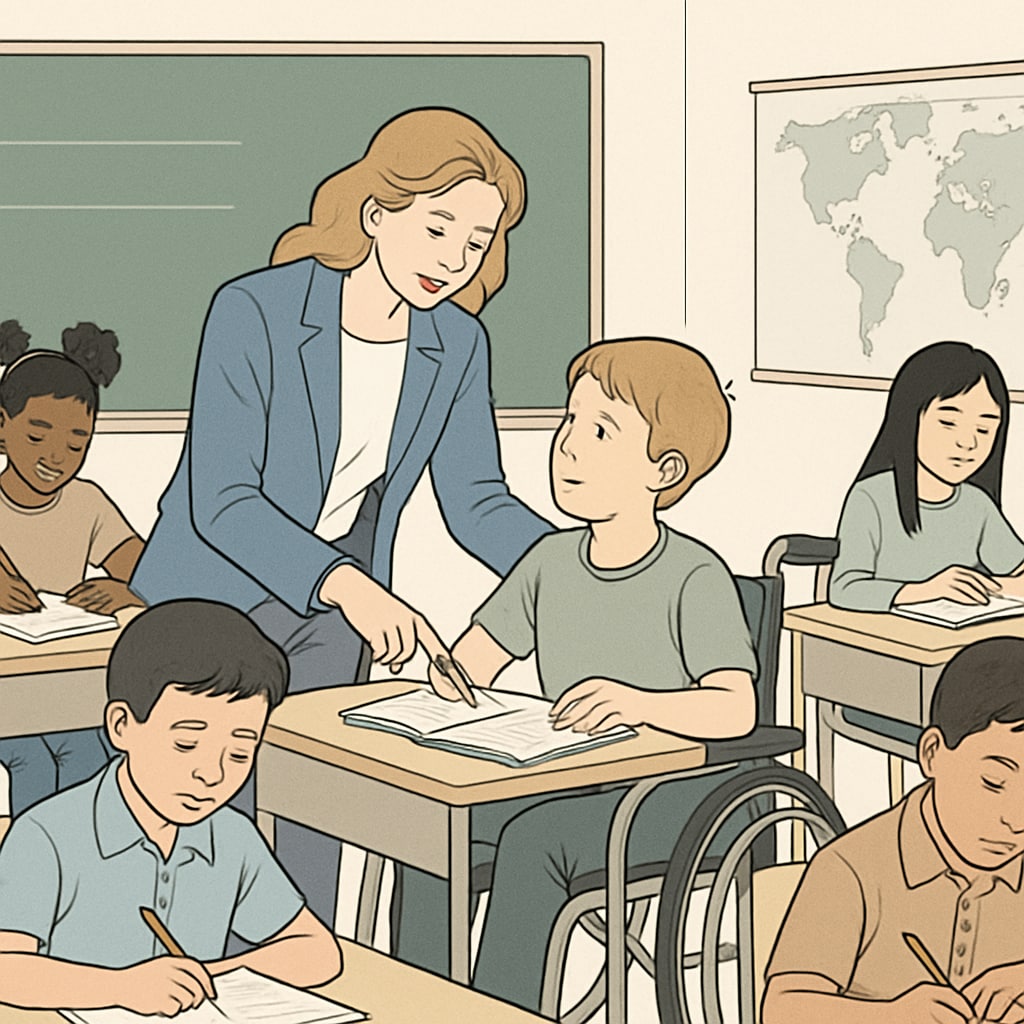The term “gifted” in educational systems often carries a dual-edged sword. While it appears to celebrate exceptional talent and intelligence, it imposes significant psychological pressure on labeled students and unintentionally marginalizes their peers. In K12 education, the effects of these labels can be profound, influencing both academic outcomes and personal development. This article explores the hidden challenges of the “gifted” designation and calls for a reevaluation of how we nurture every child’s unique potential.
The Double-Edged Nature of Gifted Labels
Being labeled as “gifted” may seem like a privilege, but it often leads to unrealistic expectations. Students who receive this label are frequently expected to excel in all areas, regardless of their interests or limitations. As a result, they may feel immense pressure to live up to these standards, which can affect their mental health. Furthermore, this label can lead to social isolation, as peers may perceive them as different or unattainable.
On the other side of the spectrum, students who are not labeled “gifted” may face feelings of inadequacy or exclusion. The implicit message that some children are more valuable or capable than others can harm self-esteem and discourage effort. Such systemic division often overlooks the diverse forms of intelligence and creativity present in every individual.

Psychological Pressure and Long-Term Impacts
For students identified as “gifted,” the psychological consequences can be long-lasting. These children often internalize the need to meet high expectations, which can lead to anxiety, perfectionism, and burnout. Research from Britannica suggests that the pressure associated with academic excellence can sometimes overshadow the joy of learning.
Moreover, the focus on academic achievement often neglects emotional development or social skills, leaving these students ill-prepared to navigate challenges later in life. A balanced approach to education, one that values emotional intelligence and interpersonal skills alongside intellectual prowess, is crucial for holistic development.

Rethinking Labels in Education
Instead of categorizing students as “gifted” or “non-gifted,” educators and parents should adopt frameworks that celebrate diverse strengths and talents. For example, Howard Gardner’s theory of multiple intelligences emphasizes the importance of recognizing varied abilities, such as linguistic, spatial, musical, or interpersonal skills. This approach can help create a more inclusive environment where all students feel valued.
Additionally, fostering individualized learning plans can allow students to explore their interests and passions without being confined to a rigid label. As Wikipedia highlights, education systems that focus on personalized development often yield better outcomes both academically and emotionally.
Building a Future Beyond Labels
The “gifted” label, while well-intentioned, often creates unnecessary divisions and pressures within the education system. By shifting focus toward nurturing each child’s unique potential, educators and parents can build an environment where all students thrive. This requires rethinking methods of evaluation, communication, and support to ensure that every child feels empowered and inspired to learn.
As we move forward, let us prioritize creating a balanced and inclusive education system—one that values every student’s individuality, resilience, and capacity for growth.
Readability guidance: This article uses concise paragraphs, clear headings, and accessible language to ensure readability. Lists and external references are included for enhanced engagement and credibility.


